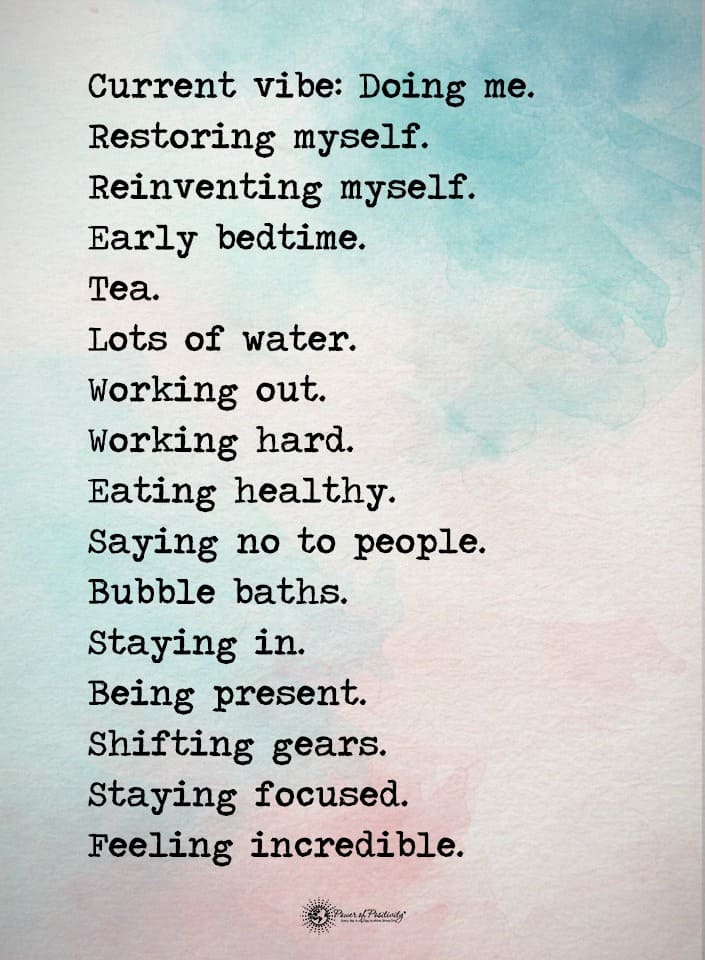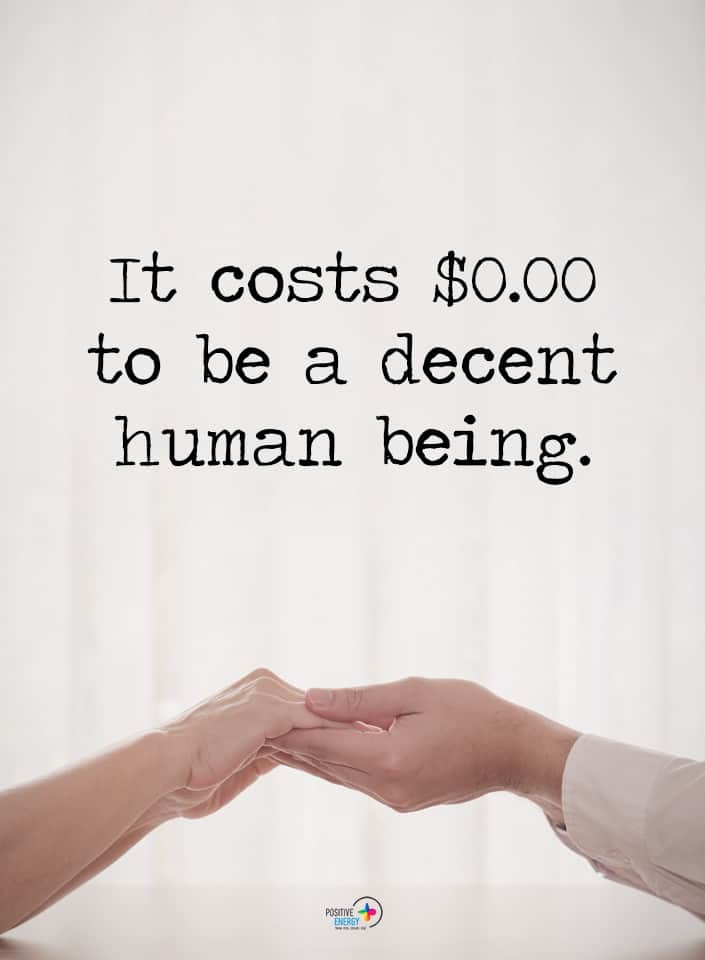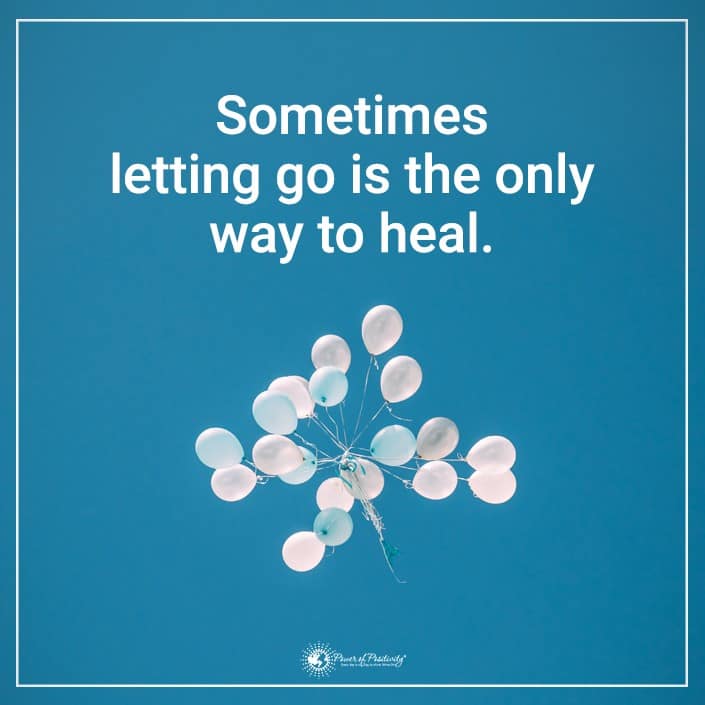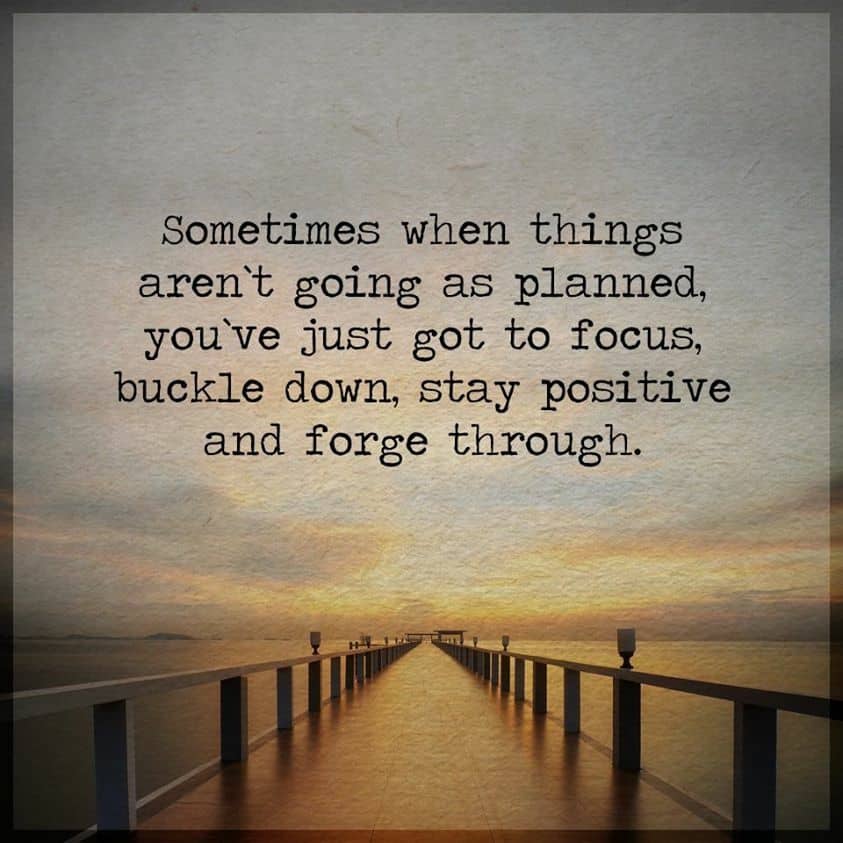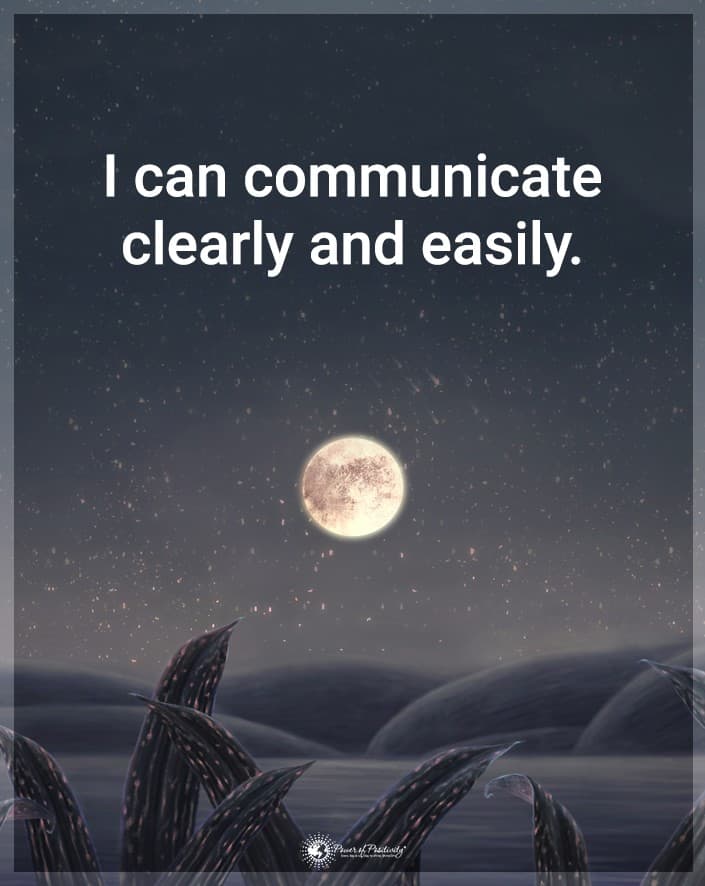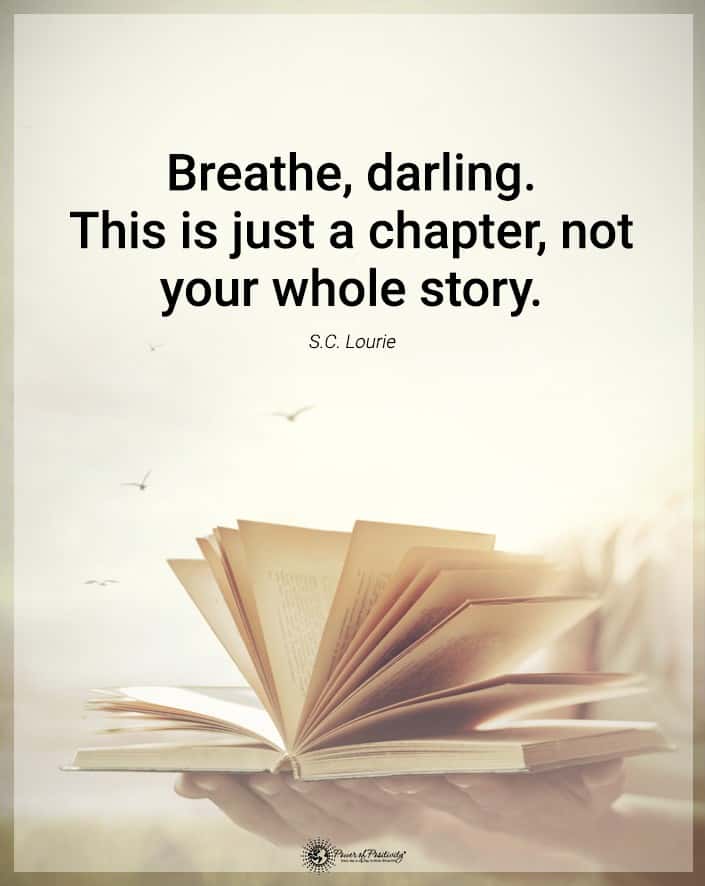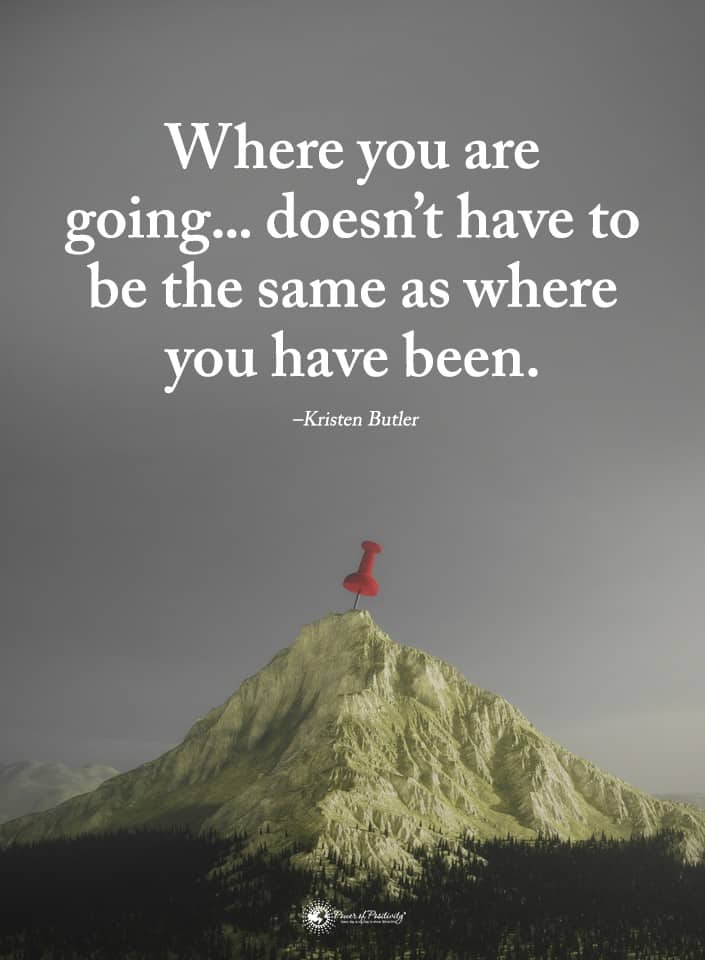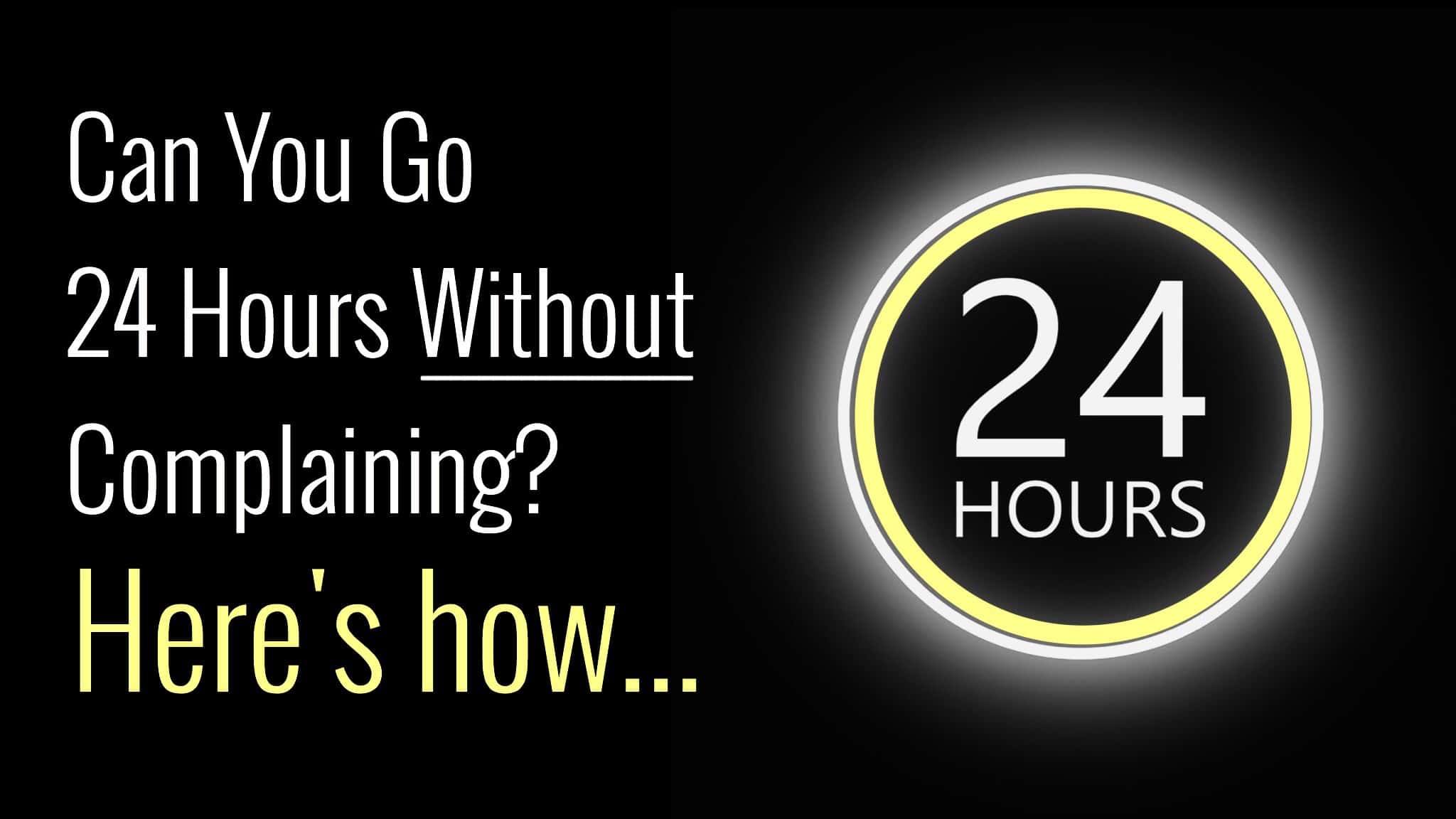You’re a good person, so you want to help others. However, you cannot fix everyone if you do not care for yourself first.
First, a person must desire to see a change in their lives, and being an empath or a caregiver can be exhausting when you desire the changes. Do you tend to seek out the wounded and try to help them recover but soon learn that it drains your resources?
The good inside you wants to help people, even when you have your struggles to handle. You look beyond the current circumstances and see the heart of the person who needs help. Sadly, the reality is that not everything in this life can help fix the issue. It would help if you learned the difference between when it’s a job you can tackle and when you should leave it alone.
Looking back at your childhood, you will often find the answers to why you desire to help others. Were you the person everyone came to as a kid to help with their problems? Did you have a circle of friends who loved to run to you with their drama and sought guidance?
The sad fact is when you were pouring yourself into others and their needs, your needs often were overlooked. Typically in the helper personality, you put everyone else around you before you consider yourself. You eagerly pushed your needs and desires to the back burner so that you could fix others.
“I work to engage in positive health self-care at least once a day. A few days a week, I go for a run. I spend quality time with my spouse and children. I read books that are not related to counseling at least occasionally, I also see a therapist of my own every couple of months as a check in.” – Christine Tolman, LPC
It’s a noble quality to help others, but often it leaves you empty and broken. All the negative energy you take on from the wounded can be quite a lot to handle. How often have you heard that an empty vessel cannot pour into others? Would you try to water your plants with an empty watering pitcher? Of course not!
You would ensure plenty of water so all your flowers got the drink they needed. Why should you be any different? Self-care is so important.
You must take time to refill and rejuvenate your mind, body, and spirit. You can’t continuously give all your resources to others, as nothing will be left for you.
Should You Help or Run the Other Way?
Over the years, you’ve probably learned that to show love for people, you must help them. Sadly, a pattern was developing that you didn’t realize. Part of the need to fix others is that you consider certain things unacceptable and not up to your standards.
However, not everyone wants help or to be saved. To love someone, you must learn to accept them for how they are. This is a separate matter when it comes to toxic behaviors like addiction.
Even experts like therapists and psychiatrists need to care for themselves, according to Psych Central.
However, speaking in generalities, you cannot fix the world. The key is to find relationships that are good for you and encourage and strengthen you. It would be best to comprehend that not everyone will live or have the same moral compass as you.
You Can Only Do Good for Others if You Take Care of Yourself, First
The desire to repair a broken person comes from the good inside you, but you can’t always be in the mode of a fixer. It can also be a control issue where you want things to be a certain way that you see as acceptable. It would help to consider that things aren’t always black and white, though there’s always that gray, middle area.
Assume you’re in a physically abusive relationship with your partner. Though you may love them, you don’t have to endure the abuse. While you may learn to accept their flaws, it doesn’t mean you must keep them in your life or that it’s safe to do so.
Part of freeing yourself from this toxic situation is the realization that this person will never change. They have likely learned this cycle of abuse from childhood, and deprogramming them from such a mindset will be a tough challenge. You can’t look at the situation blindly and think things will change, as this will only hurt you in the long run.
Codependent personalities want to save the day as they feel that the other person needs help, but the sad fact is that you need help too. If the other person is depressed and anxious, then the empathy inside you also causes you to be depressed and anxious.
Your desire to fix the situation overrides all reasoning. Establishing firm guidelines for when you should step in and help and walk the other way would be best.
Realizing That Some People Don’t Want Help
One of the harshest realities is realizing someone doesn’t want your help. There are rehabilitation centers across the country filled with drug and alcohol dependencies, yet many have been in these centers repeatedly. You cannot force someone to get help unless they want to change.
You’re just wasting your time if you think you can save the world and will wear yourself out. The movie that recently hit screens called Four Good Days was a shocking timeline of events between a family as a daughter fought addiction. This movie was based on a true story, and it’s a tale that is seen so often in heroin addiction.
The daughter begs the mother to help her free herself from the clutches of heroin one last time. Reluctantly, the mother tries to fix her once again. The story has a happy ending, but it shows how draining it can be to deal with someone so broken. The mother is nearing a breakdown, trying to keep her daughter together.
Refusal of Help Is a Tough Lesson to Learn If You Do Not Care For Yourself First
The reality is that things didn’t change until the daughter in this example decided it was time to get clean and use whatever methods possible to obtain sobriety. Just as the mother in this movie, you cannot lose yourself in helping someone else, and the reality is the person might not want your assistance.
For instance, a person in a relationship where they’re incompatible. Just because there is no abuse doesn’t mean the relationship is healthy. This person may cry on your shoulder for years. You tell them repeatedly that they need to leave and move on, yet they will never leave.
The truth is they don’t know anything other than their situation. They stay because they fear change and are too scared to move forward. This person will drain you completely, and the toxic circle will never change. However, you can and must control what you allow to overwhelm you.
Five Tips to Help You Care For Yourself Better
Your need to help others is noble, but it’s time to consider your self-care. You must take care of your needs to remain mentally strong and physically healthy. Here are some ways to use self-care to ensure proper health.
1. Care for Yourself Through Meditation
You pick up a lot of negativity throughout the day and need an outlet for it. Meditation helps you purge all the negativity so your mind can be at peace.
2. Positive Affirmations
There is much power in the words you speak, so learn to choose each one wisely. Start each day with affirmations of positivity. Tell yourself how much you’re loved, that you will have a good day, and how you will conquer your goals. It will change your mindset and put you on the right path.
3. Move Your Body
Exercise is essential to keep your physical health intact but can also help you mentally. According to the National Library of Medicine, a good workout session can boost your brain chemicals, give you clarity, and keep you mentally strong.
4. Care for Yourself by Spending Time in Nature
It would help if you allowed yourself to breathe in all the fresh air from Mother Nature and enjoy the beauty all around you. Don’t be so focused on helping others that you miss the beautiful roses blooming in your yard or the wildflowers growing by your driveway.
Walk around in your yard barefooted and feel the earth and its vibrations on your skin. It’s a very humbling experience.
5. Journal
It would help if you had a healthy outlet for all your stress, and journaling is a great way to achieve this. Getting things down on paper can help you release their hold on you.
Final Thoughts on Why You Should Care for Yourself to Help Others
The desire to help others comes deep within and in a good place. However, you cannot permit the need to fix everyone around you that you neglect things that need correction. Some folks become so busy with the lives of those around them that they ignore their issues.
Did you know it’s easier to help someone else with their problems than to address the ones you have going on? It’s time to get into a better place for your mental sanity and your family. You can’t save the world, but you can ensure you’re in an excellent place to enjoy life and live it to the fullest.


